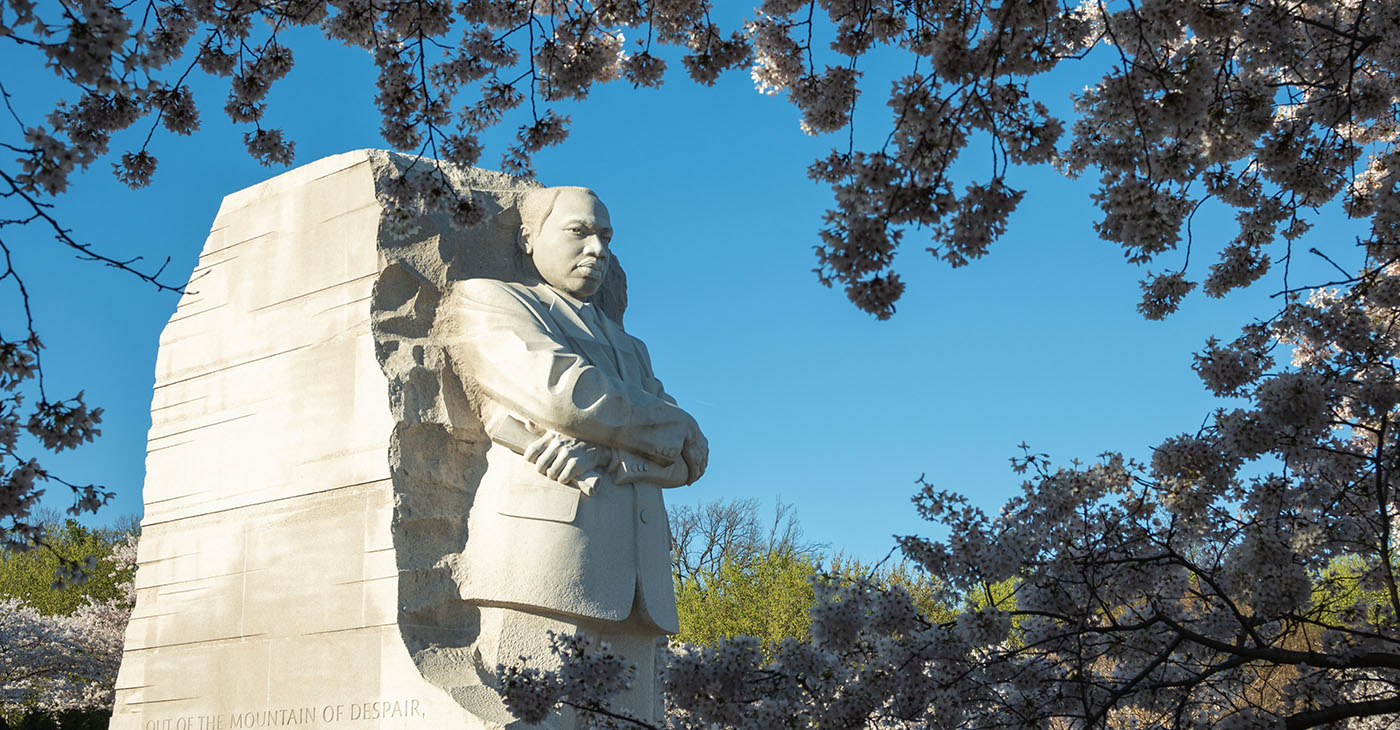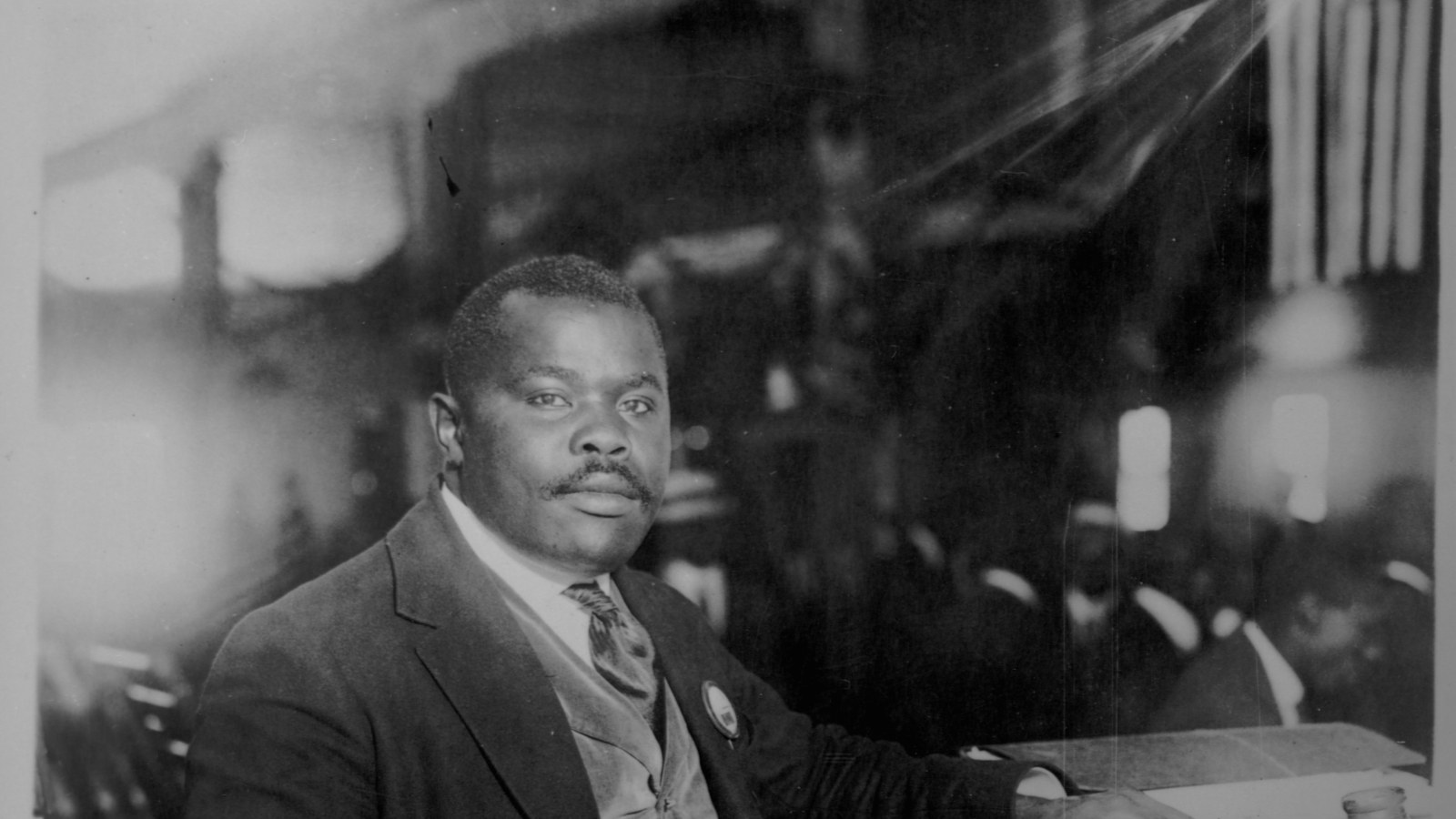- BlackVoter.Org
- Posts
- BlackVoter.Org
BlackVoter.Org

A monumental revival is underway with the world premiere of Morgiane, the first opera by an African American composer, Edmond Dédé. After being lost for over a century, this 138-year-old masterpiece, inspired by the tale of “Ali Baba and the Forty Thieves,” will enchant audiences with its captivating blend of European influences and Southern American traditions.
Premiering in New Orleans, the production celebrates Dédé's resilience amid racial barriers as he carved out a musical career in 19th-century Europe. Directed by Patrick Dupre Quigley and Givonna Joseph, Morgiane features a rich score filled with dramatic arias and vibrant harmonies that resonate with contemporary themes of courage and freedom.
It aims to broaden access to classical music and highlight the contributions of Black composers. With community engagement efforts and performances across major U.
S. cities, Morgiane is poised to reclaim its place in the American operatic canon.

In a candid moment on "Real Time With Bill Maher," sports commentator Stephen A. Smith voiced his deep regret over his 2020 vote for Kamala Harris, sparking a vibrant conversation on political loyalty and introspection among voters.
Smith's admission signals a shifting landscape in political discourse, where public figures feel empowered to reevaluate their past choices in light of outcomes. He critically analyzed the dynamics of the Democratic primaries and the complexities of voter behavior, highlighting how mass political trends can overshadow individual decision-making.
His reflections also delve into the evolving relationship between African American voters and the Democratic Party, calling for greater representation and accountability. As Smith's views resonate within the community, they pave the way for heightened dialogue about informed voting and the responsibilities that come with it—encouraging all voters to engage more critically with political candidates and their promises.

In a poignant reflection on the Martin Luther King Jr. holiday amid the new Trump administration, Texas Congresswoman Jasmine Crockett shares her thoughts on the day's significance.
Abstaining from the 60th presidential inauguration, many members of the Congressional Black Caucus used this moment to honor Dr. King's legacy instead.
Crockett emphasizes her desire for King's political strength during this trying time, as she grapples with the implications of a Trump presidency. The day contrasts sharply with previous inaugurations of Democratic presidents, illuminating the challenges ahead for civil rights in America.
Rev. Mark Thompson echoes this sentiment, urging continued accountability for leaders in the wake of King’s vision for equality.
The message is clear: despite modern-day racial and political struggles, the fight for justice must continue, guided by Dr. King’s enduring call for action and perseverance.

In a controversial move, the U.S.
Air Force has removed instructional videos about the legendary Tuskegee Airmen from its basic training curriculum following executive orders from President Donald Trump targeting diversity, equity, and inclusion (DEI) initiatives across the federal government. The decision to drop the video and related content has drawn criticism from military veterans and advocates.
Critics argue that erasing these historical contributions overlooks the critical role of the Tuskegee Airmen during World War II and undermines the values of diversity in the military. While the Air Force has begun reviewing its curriculum, there's hope that the videos highlighting the legacy of these pioneering African American pilots will be reinstated.
The outrage continues to resonate, with many expressing that understanding such historical figures is vital to fostering an inclusive environment and a deeper appreciation for the sacrifices made by those who fought for equality and freedom.

In a bold move, President Trump has unveiled his “America First” agenda, underscoring key policies aimed at national security, economic growth, and social values. However, the implications for Black Americans and marginalized communities are concerning.
Proposed hardline immigration policies could disproportionately impact Black migrants seeking asylum, heightening fears of racial profiling. Economically, Trump’s plans to deregulate industries threaten environmental justice, as communities of color often bear the brunt of environmental disruption.
Additionally, proposed cuts to Diversity, Equity, and Inclusion (DEI) initiatives may stymie progress in combating systemic employment inequities. Socially, a rollback on established protections for LGBTQ+ individuals raises alarm, risking further marginalization.
Critics of the agenda warn that these policies might exacerbate existing disparities and threaten hard-won advancements in civil rights. As the agenda unfolds, the true impact on Black Americans remains to be seen, raising urgent calls for vigilance and advocacy in these turbulent times.

In a powerful act of justice, President Joe Biden granted a posthumous pardon to the legendary Black civil rights leader Marcus Garvey on January 19. This decision rectifies decades of perceived injustice against Garvey, who was instrumental in the early civil rights movement and founded the Universal Negro Improvement Association.
His legacy has inspired icons like Malcolm X and Martin Luther King Jr. Garvey's conviction for mail fraud in 1923, which many see as politically motivated, resulted in his deportation and tarnished reputation.
Family members and advocates have fought for his exoneration for nearly 40 years, with efforts intensifying during previous administrations. Biden's pardon not only honors Garvey's contributions but also shines a light on broader issues of racial justice in America.
The move has reignited a conversation about the ongoing struggle for equity and the importance of acknowledging past wrongs.